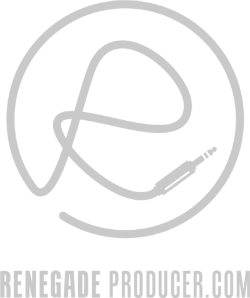25-step music production process checklist and video workshop >>>
The Best Music Software for Beginners? Let's Answer This Question Newer Music Producers Often Ask, Once and For All!
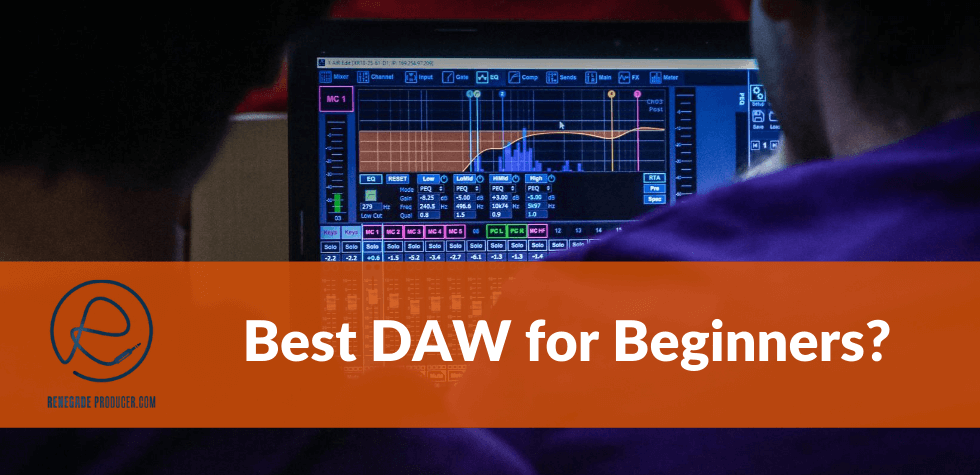
Why It's So Important as a Producer to Choose the Best Music Production Software When You Start Out:
What's the best music software for beginners? This is a question new producers understandably have at the beginning of the music production journey.
The choice is a big one because, once you've chosen a Digital Audio Workstation (DAW), you'll start the learning curve for that software, which will require a significant investment of your time and effort to master.
Now, you could just pick a good DAW, any good DAW, and start learning it. Imagine however you did that and then a few months or even years down the line you realize you actually prefer another DAW. Now you have to start a new learning curve for the new software.
OK, so it's doable and many producers have gone down this exact route.
Is it the most efficient route though? No. Not at all.
Below you'll discover how to be a bit more strategic so you can find the best music software for you.
The Big Problem:
Once you start out you're faced with a slew of potential
music production software choices. Almost every major Digital Audio
Workstation has it's fans and evangelists. Each of them will give you a
list of reasons why their chosen music production software is the ultimate best music software for beginners.
I know, that's not much help when you need a simple answer so you can just start making music!
So, in this post I'll work through the logic of choosing music software for beginners with the hope that, once you see the landscape, you'll be able to make the right choice and get started with your music production journey.
Who Is This Guide For?
You already know by now this guide is for beginners.
Further than this, it's also focused on electronic dance music production and beatmaking rather than band recording and mixing. If your plan is to work in the standard professional studio or big label scene then you'll most likely run into Pro Tools often, so that will be a good option to consider.
That said, pro studios are usually able to accommodate pretty much any DAW the artists and producers they work with use. So, if you're not using Pro Tools you'll still be fine in that setting.
This guide focuses mostly on the needs of home studio music producers who produce electronic dance music styles, i.e. hip hop, house, trap, trance, drum & bass, EDM, dubstep, pop and other styles of this type.
Now, before we get to the process of choosing your DAW, it's time to consider a few important things...
3 Hard Truths Before We Start:
There are a few hard truths to keep in mind. These are things you only start to realize when you've produced music for a while and you'll save a whole lot of time and effort if you get clear on them sooner rather than later.
1. There's Really No Such Thing as "The Best Music Software for Beginners"
It's reasonable to assume there is software that's better for beginner producers just starting out vs. say more pro software used by experienced producers. That's not really the case though.
More experienced producers may use more of the functionality of the DAW or use it in more advanced ways than a complete beginner. That doesn't equate to the software being "better" as you can however imagine.
Your mission when you start to hunt for a DAW is not to find the best music software for beginners. It's to find the best music production software for you.
2. There's Also No Such Thing as "The Easiest Music Software for Beginners"
All decent DAWs, in other words the DAWs you want to use, have a similar learning curve and it's HUGE.
There's no way of getting around this fact. That's why it's important to make sure you choose the DAW that works best for you and stick with it until you know it inside-out.
Sure, there may be software that's simpler, with less features and functionality but you'll run into limitations very quickly if you plan to produce at a professional level. So, easier isn't better in this case. In fact easier now will equate to more time and effort needed in the future when you change to a professional DAW.
In other words...
... start with a professional DAW!
3. The Top DAWs Can All Do Everything You Need to Get Done
Ableton Live, Logic Pro, FL Studio, Cubase, Bitwig, Reaper and many other top DAWs can all do anything you want done.
Sure, they may each have exclusive features and ways of working that will differ but these differences won't impact your ability to make the music you want to make.
So, if you pick any of these top DAWs you can rest assured that, at least with the top-of-the-range versions, you'll be able to produce music at the highest level possible.
How to Select the Perfect Music Software for You:
The process you'll discover below will help you hone in on the perfect music production software for you, faster.
It'll also make sure you at least try out the top available options to get the DAW that works best for you.
1. Narrow Down Your Options
You're probably already well-aware that there's no shortage to options when it comes to DAWs. That's in fact the whole dilemma when you start out with music production. Which DAW is the best music software for beginners?
Now, you could go and do some intensive research and try to compare feature by feature with as many DAWs as possible. That would take you ages though and when you're starting out it's hard to know what it is that you're comparing.
Here's how to quickly get to a shortlist of viable DAW options...
A: Forget About Free
I get it. You want to get started with music as soon as possible, so all the free DAW options may seem like a good way to start out.
It's not! Here's why...
It takes a decent amount of time and effort to get proficient with any DAW, even the free ones.
So, if you're serious about music production you'll probably want to switch over to one of the top DAWs at some point. That means a new learning curve that'll set back your progress for a while as you learn how to work with the new software.
So, it's better to go straight for the top DAWs, even if the pro versions costs hundreds of dollars.
Luckily there's a way that makes more sense than switching to a new DAW later. More on this a bit further below.
B: Check OS Compatibility
Now, while more and more DAWs are cross-platform, some still run only on Mac or only on PC.
Logic Pro, a very popular DAW, for example, is an Apple product and runs only on Macs. So, if your music production computer is Windows-based you can safely ignore Logic as a DAW.
This will make your shortlist of options even shorter.
C: Check Your Budget
Budget is often a constraint that will limit your options further.
For one, you may not want to splash out hundreds of dollars when you first start out with music production.
Secondly, you may want to split your budget to get an interface, headphones, monitors or other studio gear.
Remove any options beyond your budget and you'll be left with even a shorter shortlist to pick from.
2. Devour the Demos
Most DAWs have a free trial or demo version available.
So, you can check out the demo of each DAW you have on your shortlist and see which one makes the most sense to you.
Remember, they can all do pretty much everything you need to get done. It's simply a case of which DAW will best support your own workflow and way of thinking about things while you produce.
Try out every demo and narrow down your shortlist to the one DAW that you feel most fits your style.
3. Leverage the Lites
You are now ready to take the plunge and invest in your DAW.
Luckily you don't have to splash out for the top-of-the-line versions straight away because most DAWs will have "lite" versions which are perfect to get your toes wet with. These also often come packaged with hardware like audio interfaces so be sure to check that out if you're also in the market for an interface.
Now, obviously the lighter versions will have limitations. That however won't bother you so much when you start out. Once you do however feel the strain of limitations you can move on to the next step...
4. Upgrade as Needed
Most DAW developers offer an upgrade path. So, you can start on the Lite version and move up the path to the pro versions as your skills, needs and budget allows for it.
This path makes the most sense in terms of both time and money saved when you start out as a music producer.
Conclusion:
In this post you've discovered why there is no one best music software for beginners. There's only the best music software for you. You've also uncovered a logical decision-making process to help you make the right choice when you start out with music production.
I trust that with this knowledge you'll be able to narrow down your options and find the DAW that works best for what you want to do with your music.
Now, if you're ready you can check out my top 5 DAW recommendations here. You may also want to see this post on how to master your DAW faster.

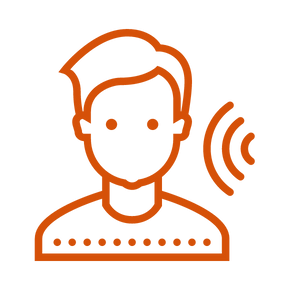
Learn to understand equalisers and frequencies to supercharge your mixing skills and get results, fast...
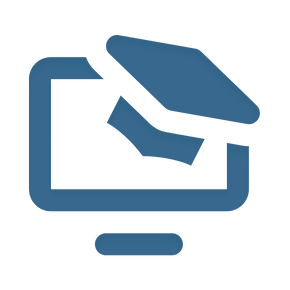
New producer? Learn everything you need to produce your first professional track right now...
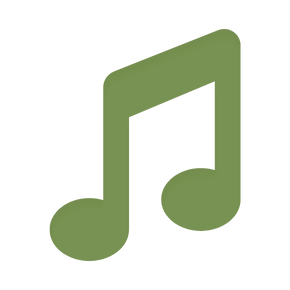
Would you like to discover the simplest and easiest way to learn music theory as a music producer?
Share this post. Spread the knowledge so other producers can benefit too:
- Renegade Producer
- Music Producer Software
- Music Software for Beginners
ⓘ Some pages contain affiliate links so I might earn a commission when you buy through my links. Thanks for your support! Learn more

